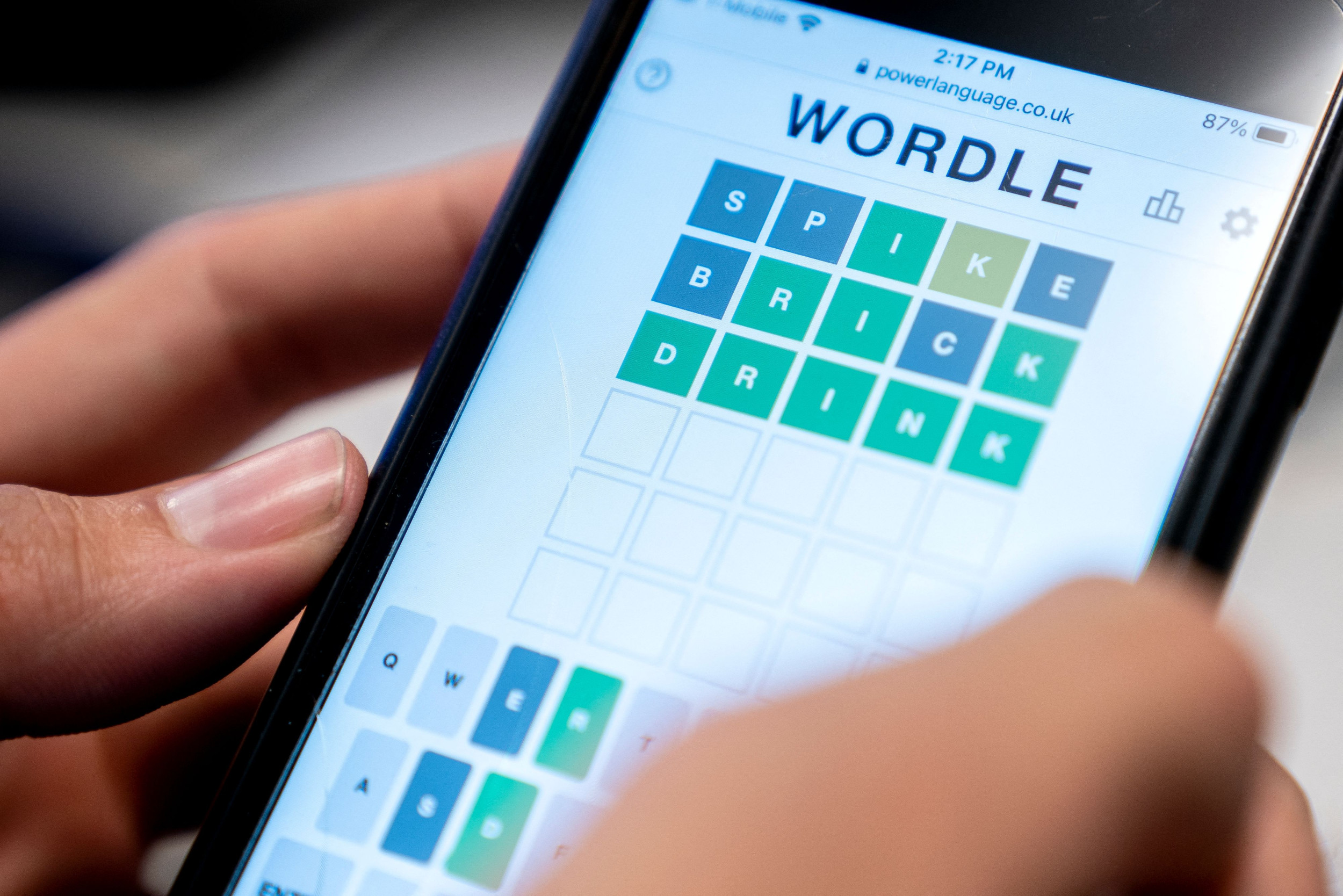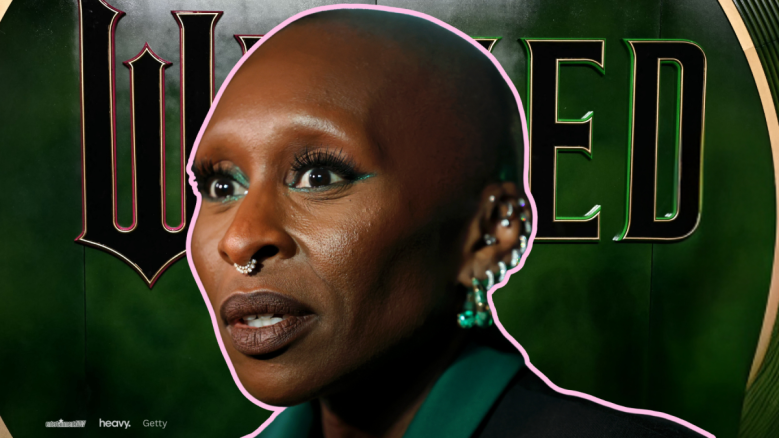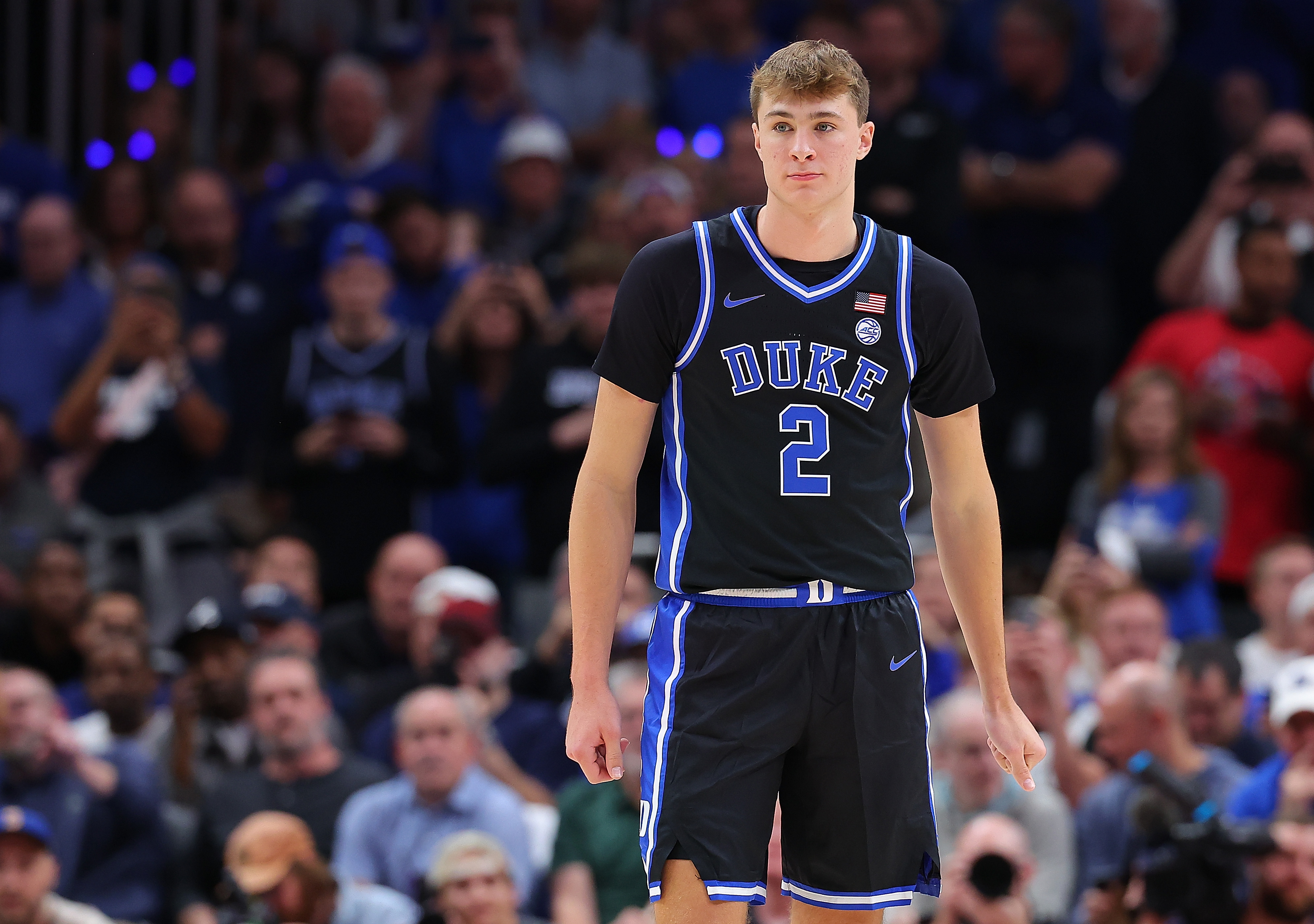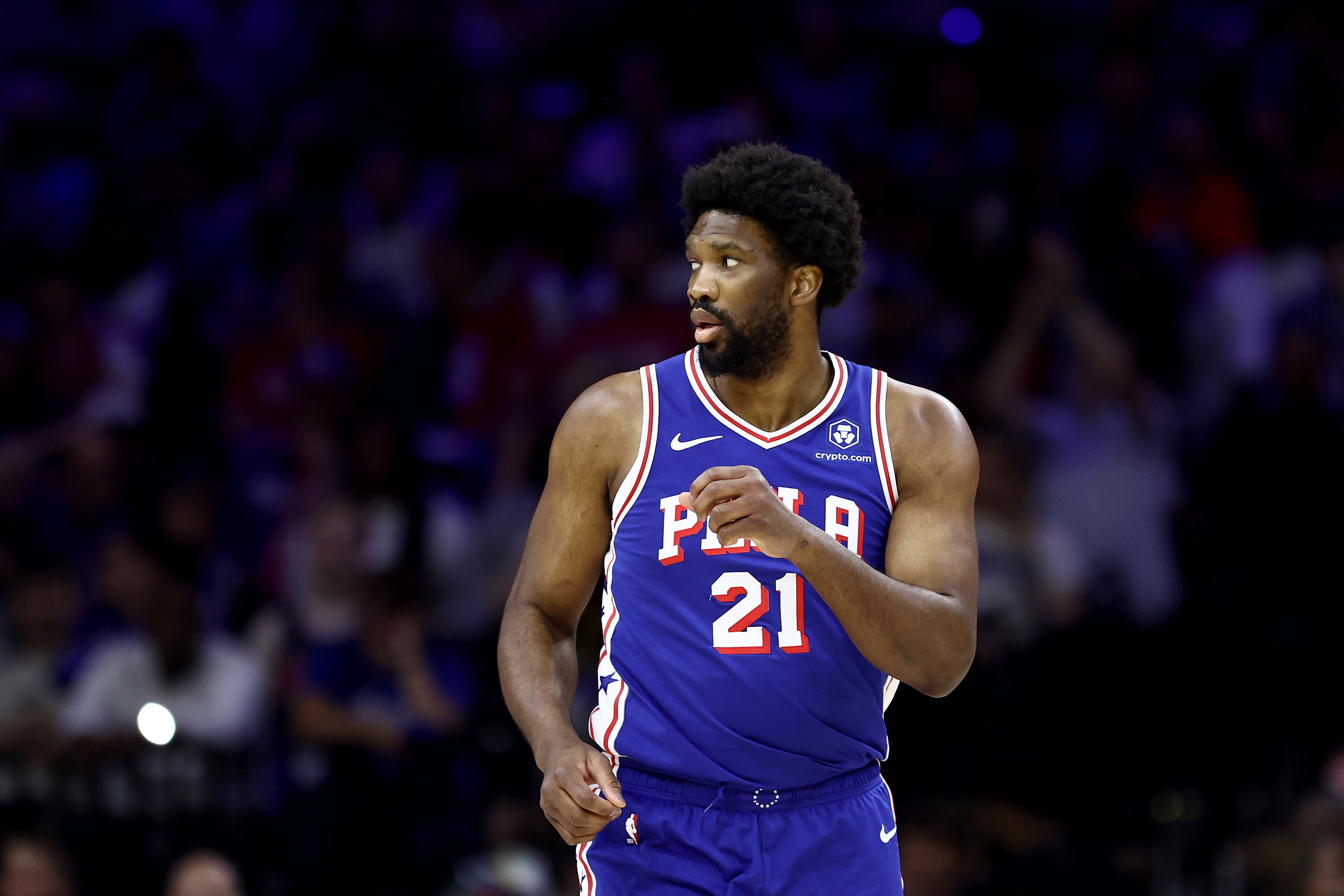Former president and Republican presidential nominee Donald Trump may not be doing as well with Black voters as previously thought, according to two recent polls.
A poll conducted by Howard University's Initiative on Public Opinion found 83 percent of Black respondents are planning to vote for Vice President Kamala Harris, the Democratic nominee, while just 8 percent are backing Trump.
It surveyed 981 Black likely voters in the battleground states of Arizona, Georgia, Michigan, Nevada, North Carolina, Pennsylvania and Wisconsin between October 2 and 8. The survey has a margin of error of plus or minus 3.2 percentage points.
Trump's support in the survey is four points down from a similar survey conducted by Howard University in September. That survey found 81 percent were supporting Harris, while 12 percent said they would vote for Trump.

The latest survey found 77 percent had a favorable view of Harris, up from 74 percent in September. Only 15 percent said they had a favorable view of Trump, down from 17 percent in September.
Another recent poll conducted by YouGov for CBS News found that Harris has similar support from Black voters as Biden did in 2020. That survey, conducted between October 8 and 11, found that 87 percent of Black likely voters support Harris and 12 percent back Trump.
Janiyah Thomas, the Trump campaign's director of Black media engagement, previously told Newsweek the campaign was focused on delivering results rather than chasing polls.
"We know this fight isn't easy, but Team Trump is committed to bringing him back to the White House to continue that progress—lowering costs, creating jobs, and ensuring that Black Americans have the opportunity to thrive again," Thomas said.
The results suggest that with less than three weeks to go until Election Day, Trump has not made the hoped-for gains among the key voting bloc since 2020 despite showing some signs of momentum among Black men in particular. In 2020, 92 percent of Black voters voted for President Joe Biden, while about 8 percent backed Trump.
The Trump and Harris campaigns have been contacted for comment via email.
Both candidates are seeking to win over Black voters and other key groups as even small shifts in support could prove consequential in a race that looks set to be decided by razor-thin margins in the battleground states.
Harris, the daughter of Jamaican and Indian immigrants, unveiled a plan on Monday to give Black men more opportunities amid concerns that some may sit out the election or back Trump. It comes after former President Barack Obama suggested last week that some Black men "aren't feeling the idea of having a woman as president."
It also came after a New York Times/Siena College poll last week suggested Trump was having some success winning over Black voters.
That poll, which surveyed 589 Black voters from September 29 to October 6, found 78 percent of Black voters plan to vote for Harris in November, while 15 percent support Trump.
"I actually think the polls have overestimated Trump's support among Blacks," Katherine Tate, a political science professor at Brown University and author of From Protest to Politics: The New Black Voters in American Elections, told Newsweek.
"The polls are picking up Black nonvoters who are dissatisfied with both candidates, Harris and Trump, but see Trump as more likely to institute change. While young Black males are more likely to say they prefer Trump, they are less likely than other groups to register and vote."
Black Trump supporters "are poorly mobilized" while those who turn out to vote "will likely strongly rally behind Harris," Tate said. "Sexism in the Black community is also a factor. But I think Black male voters opposed to Harris because of her gender still won't turn out to vote for Donald Trump."
Costas Panagopoulos, a professor of political science at Northeastern University, told Newsweek that people "often mistake small shifts in poll preferences for true movement, but these are often statistical artifacts, especially when zooming in on limited numbers of subgroups of respondents."
"That said, it would not be surprising in the closing days of a campaign, when voters are finalizing their voting choices, for Black voters to be coming home to support not only the Democratic candidate but also someone with whom they share racial identity," he said. "One thing campaigns do is to bring voters' true views and priorities into clear focus and to align these with their voting decisions. That may be what is going on with these voters."




















 English (US) ·
English (US) ·